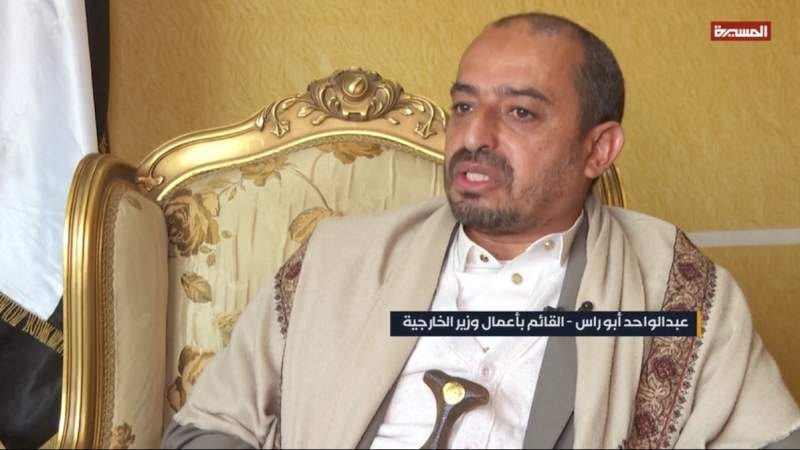Yemen Refers UN ‘Espionage Cell’ Case to Judiciary
Foreign Ministry says WFP and UNICEF staff implicated in operations targeting Yemeni leadership and national security.
Yemen, PUREWILAYAH.COM - The Yemeni Ministry of Foreign Affairs has officially referred what it calls the “UN Espionage Cell” case — involving personnel from the World Food Programme (WFP) and UNICEF — to the judiciary, paving the way for formal legal rulings.
In a televised report, the Ministry confirmed that the case has been transferred to specialized judicial bodies, stating that security forces possess “conclusive evidence” implicating the network in activities that threatened Yemen’s national security.
Not Arbitrary Detentions: Foreign Ministry
Acting Foreign Minister Abdul Wahab Al-Durra rejected claims by the United Nations that the arrests were arbitrary, stressing that they were based on legitimate national security grounds.
“This was not an arbitrary raid and detention,” Al-Durra said. “The measures were purely security-related and connected to the targeting of the government.”
Speaking to Almasirah, he added that members within the WFP cell were involved in “Israeli direct targeting of the Government”, including operations targeting senior officials such as the “Martyr Prime Minister.”
Judicial Oversight and Evidence Confirmed
Al-Durra affirmed that all security measures were carried out under full judicial supervision and with the knowledge of the Public Prosecution. He stated that the case file has been referred to competent courts and that strong and verified evidence supports the accusations.
He also revealed additional violations, accusing the organizations of illegally bringing intelligence and surveillance devices into the country — a breach of Yemeni law.
Sana’a Warns UN, Reaffirms Humanitarian Cooperation
The Foreign Ministry stressed that Yemen remains committed to balancing humanitarian needs with national security requirements.
It assured other international organizations that the measures taken specifically concern the WFP case, provided agencies adhere to humanitarian standards and the UN Charter.
Sana’a called on the United Nations to take responsibility and explain how foreign intelligence agencies infiltrated its structures and programs, enabling the illicit entry of espionage equipment.
“The ball is now in the UN’s court,” the Ministry said, urging transparency and correction of institutional failures.
Espionage Network Linked to U.S.-Israeli Intelligence
In recent days, Yemeni authorities announced the dismantling of a sophisticated intelligence network operating under the guise of UN humanitarian agencies, reportedly linked to American and Israeli intelligence services and equipped with advanced surveillance tools aimed at penetrating Yemen’s institutions.
The revelations have fueled public anger and intensified demands for accountability within the UN system.
Analysts say the case represents a consequential test for both Yemen and the United Nations — one that will gauge whether international agencies can maintain neutrality and whether Yemen can safeguard its sovereignty while allowing humanitarian programs to continue.
The Yemeni government insists the steps taken reflect a commitment to protect national security in the face of foreign intelligence operations disguised as humanitarian work.
(PW)


